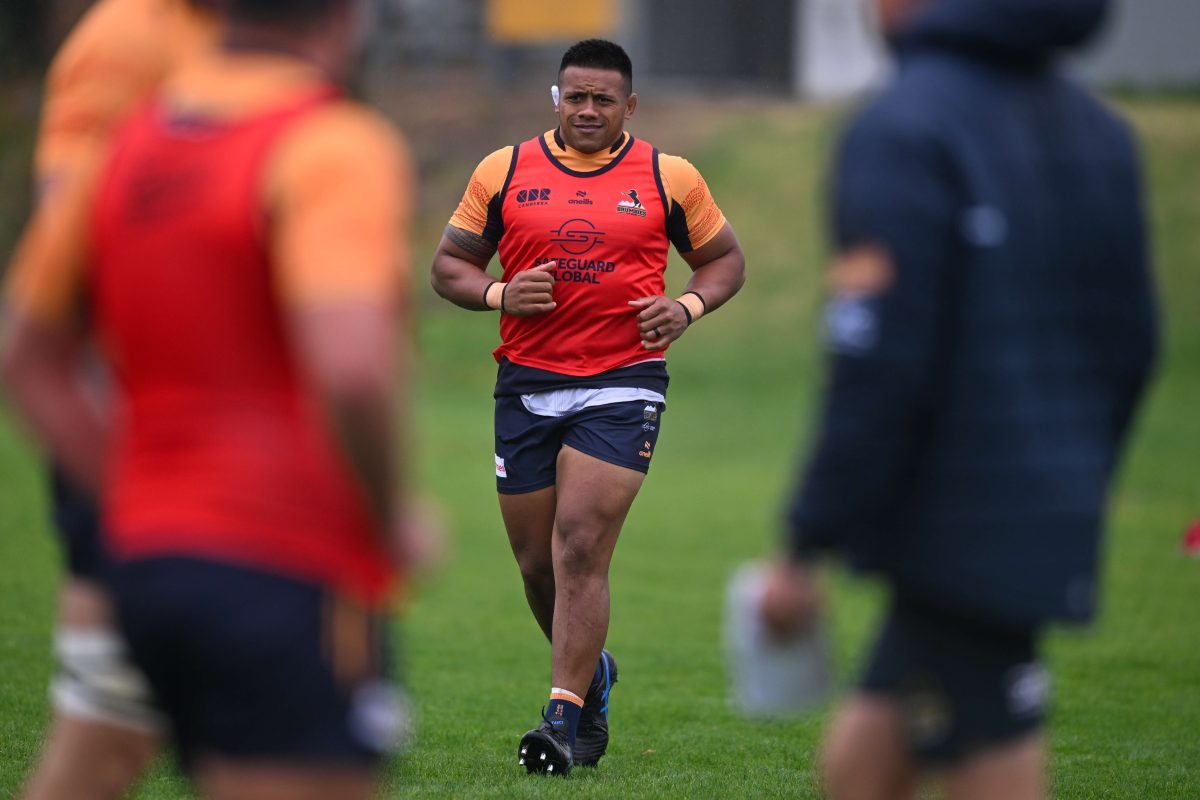SCIENTISTS in 1953 estimated that 98 per cent of the atoms in the human body are replaced every year. In the same vein, biologist Jonas Frisen estimated in 2005 that most of the cells in your body are under 10 years old, regardless of your age.
The question is, are you still the same person once all the chemical and biological building blocks of your body have been replaced?
“There is no answer,” says Mike McRae, who has bravely explored this paradox in a new book for teenagers. While he agrees that most of us believe we are always the same person, he points out the answer really depends on how you define “the same”.
Co-written by Tom Dullemond, “The Machine Who Was Also a Boy” is the first in three stories that aim to introduce young readers aged 10-14 to philosophical concepts that give a lot of adults a headache.
“We feel that’s an age that kids like stories, but they’re also starting to think in slightly abstract ways and they can enjoy thinking about paradoxes and problems,” says Mike. “What does it mean to be right and wrong? If I go to school and get told I’m wrong about something, but I kind of know I’m right, too, what does that mean? Kids are starting to challenge all these things around that age.”
The books follow Pandora, a teenage girl who lives in a “slightly quirky world” and ponders various confusing problems. In “The Machine Who Was Also A Boy”, she realises that what is “true” and “untrue” is sometimes subject to change. She meets a robot boy and, without giving too much away, begins to wonder about her own identity.
The central paradox of the book was first presented by the Ancient Greek philosopher Plutarch, who told the story of Theseus’ warship.
“Theseus comes back from the war, and his ship is put in a museum but over time, bits and pieces of it wear out,” explains Mike. “So they take off a plank here or there because it’s rotting, but they put another plank there, and people keep coming to see Theseus’ ship.”
Eventually, none of the ship’s original parts remain, but people keep coming to see it in the museum. Philosophers are divided; some argue it is logically no longer the same ship, while others say it is, that its identity transcends the physical parts.
“It gets complicated when you start thinking about it,” Mike concedes, but he insists the concept is necessary for students to understand.
“We don’t go through life and question every little thing down to the minor details, but there are points when it’s important that we do stop and ask, ‘When you say this is true, what do you actually mean?’. That’s where philosophy goes from being this abstract system of sitting around navel gazing, and becomes an essential tool for everyday life.”
In the second book, Pandora ponders consciousness and the human mind while the third story will use maths and logic to tie the whole series together.
“The Machine Who Was Also A Boy” can be ordered from pandorasparadoxes.com
Who can be trusted?
In a world of spin and confusion, there’s never been a more important time to support independent journalism in Canberra.
If you trust our work online and want to enforce the power of independent voices, I invite you to make a small contribution.
Every dollar of support is invested back into our journalism to help keep citynews.com.au strong and free.
Thank you,
Ian Meikle, editor




Leave a Reply